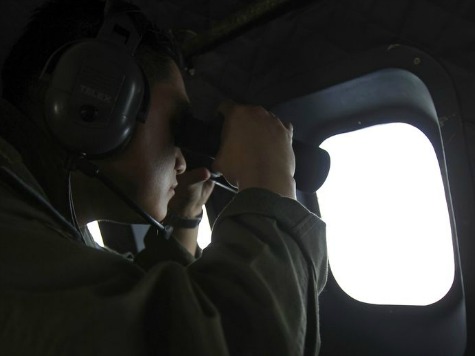
In response to the difficulties faced by searchers seeking to find missing Malaysia Airlines flight MH370, India’s civil aviation agency has passed a new rule making it mandatory for transport operators to track a plane from departure to arrival in real time.
The Times of India reports that the Directorate General of Civil Aviation (DGCA) passed this rule in light of the disappearance of MH370, in part possible due to Malaysia Airlines not tracking the plane during the entirety of its voyage and instead relying on multiple air traffic control teams in Vietnam, Cambodia, and China. The rule requires that operators of planes use aircraft communications to track the plane during the entirety of the trip and to find alternative means of communication when a plane is flying over an area not covered by addressing and reporting systems (ACARS) or automatic dependent surveillance-broadcast systems (ADS-B).
India is the first country to react with new policies to the disappearance of flight 370. Xinhua reports that they will not be the only ones, however. The European Aviation Safety Agency has crafted proposed amendments to current regulation set to make it easier to find black boxes in the event of an emergency.
The news of reforms to aviation safety follows days of silence in the search for the missing jet. After an explosive report that eleven al-Qaeda affiliated terrorists were arrested in Malaysia and questioned over Flight 370, little has surfaced on the whereabouts of the plane. In the time that international search teams announced a change in strategy to find the plane, they also noted that they were not fully discounting the possibility that the plane landed somewhere rather than crashed into the southeastern Indian Ocean.
Investigators returned to square one in the investigation after numerous reports claimed that they had heard radar frequency pings that corresponded to the frequencies sent out by black boxes from the ocean floor. Those pings never materialized, however, and were not heard again, leading investigators to believe that the battery in the black box, set to expire a month after the plane took off, had died.
Now a new report has surfaced that the pings might not have been from a black box at all. William Meacham, archaeologist and writer affiliated with the University of Hong Kong, writes in the Malaysia Insider that the pings could have come from marine animals–not sonar, but man-made tracking devices that scientists affix to animals that are then set free as a way to track their behavior in the wild. “For several decades, pingers with frequencies of 30 to 50kHz have been commonly used to track large, deep ocean animals,” he writes, “Location and other data is transmitted to receivers in the ocean or to satellites whenever the animal surfaces.”
While the world readjusts to the reality post-MH370, investigators have said they are still planning a new phase in the search and will return to the ocean with a new plan shortly.

COMMENTS
Please let us know if you're having issues with commenting.